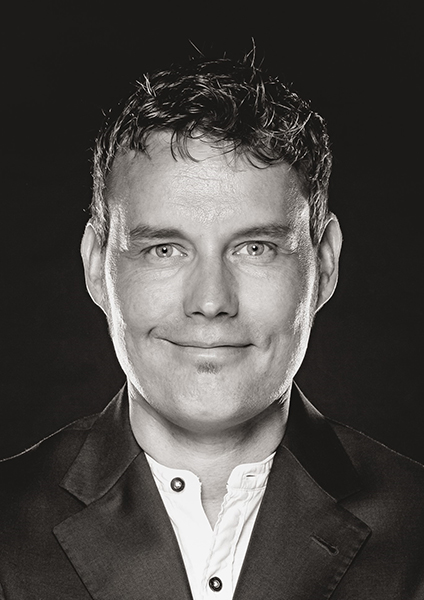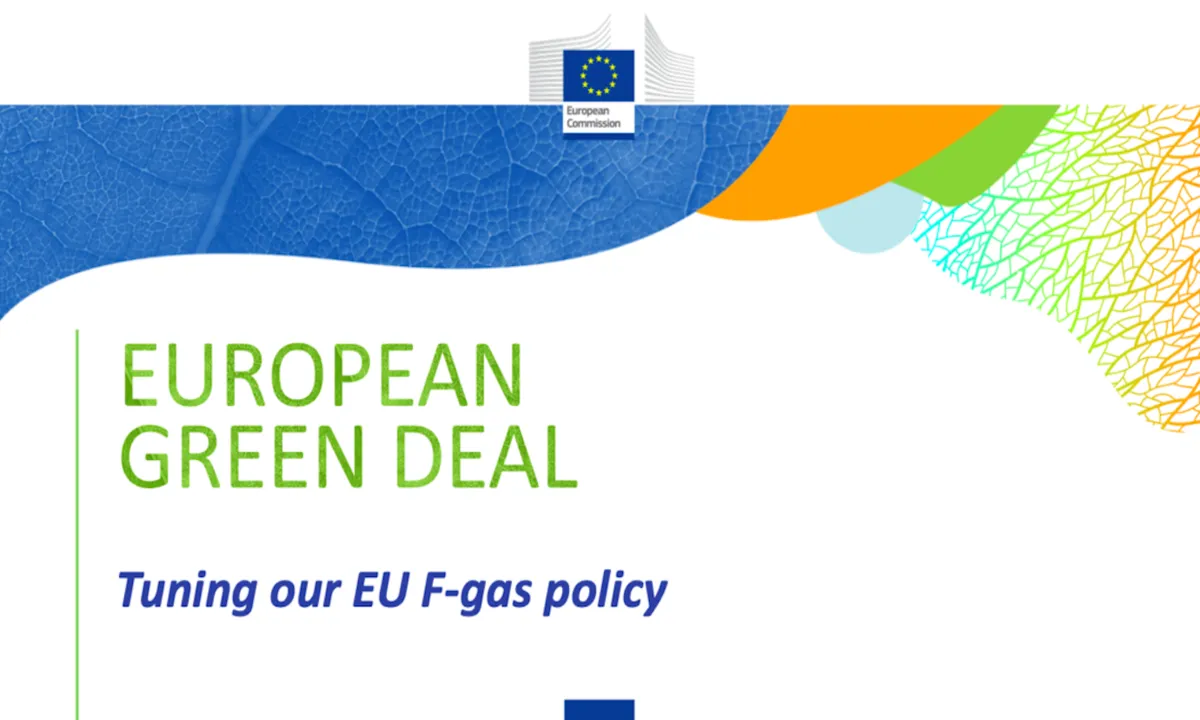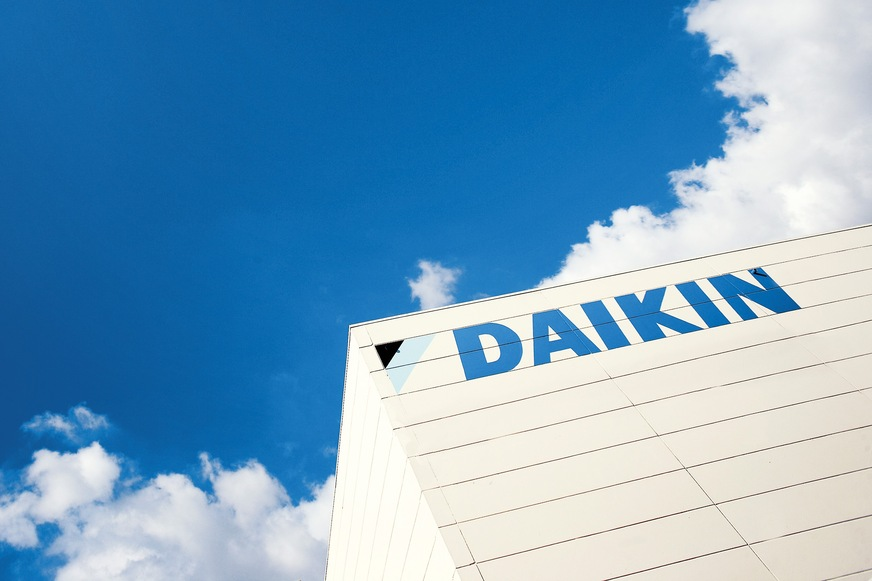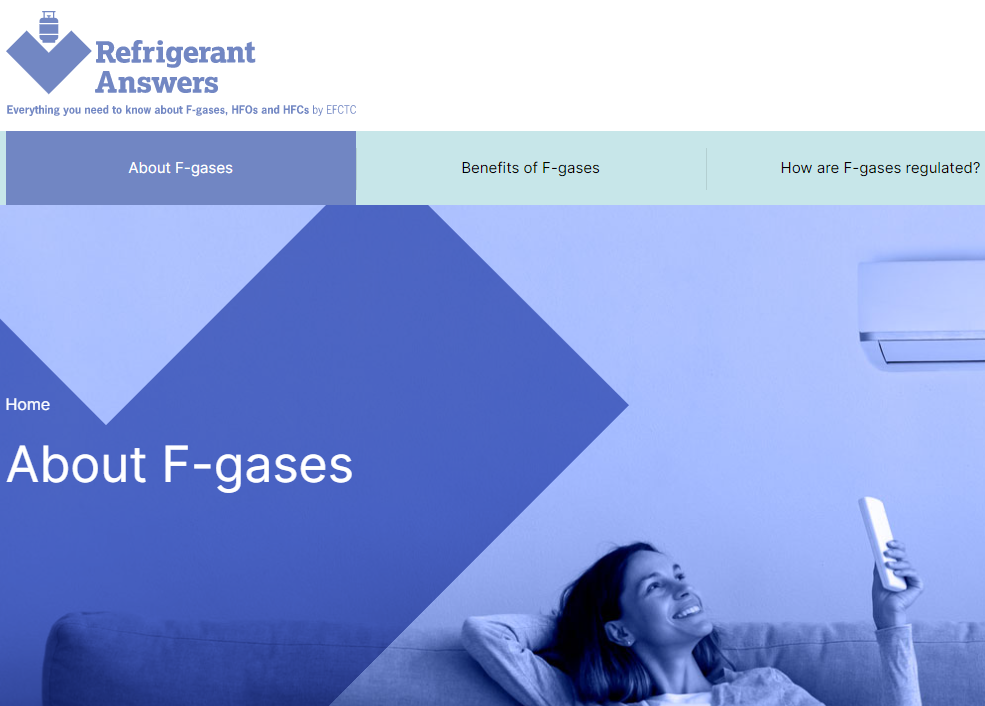Daikin Refrigerant News - Issue 2, 2022
Dear friends and partners of Daikin Chemicals,
Last time we at Daikin reached out to you, we were full of optimism and hope that the challenging times of Covid would slowly get behind us.
Today I am saddened to say that I am writing to you while there is a brutal war raging in the middle of Europe, with a clear aggressor and a clear victim, disrupting not only the world economy but most importantly, the lives of millions of Ukrainians.
We at Daikin have over one thousand Ukrainian colleagues and are fulfilling all the sanctions against Russia and have halted our business in the Russian Federation.
Also, we have donated 1 million euros to the UNHCR in order to do our part and help relieve the suffering of so many Ukrainians a little.
We pray that the war will soon end and until then we hope you and your loved ones are all well.
Kind regards and enjoy reading
Your Tobias Bargsten
Business Manager Refrigerants Daikin Chemical Europe

EU Releases Proposed F-Gas Regulation

The F-Gas Regulation proposal amends a 2019 directive and repeals the 2014 version of the F-Gas Regulation, which was originally implemented in 2006.
On April 5, the European Commission released its proposal updating the EU F-Gas Regulation. In addition to important steps against the illegal trade of refrigerants and the sealing of HFO-operated systems, key steps are aimed at further restricting the use of HFCs in the EU and opening up possibilities for natural refrigerants such as carbon dioxide, CO2 (R744) or propane (R290).
Key parts of the proposal include accelerating the HFC phase down from 2024 onward – which would reduce HFC use to 2.4% of 2015 levels by 2048 – and improving enforcement and implementation. The F-Gas Regulation proposal would abolish certain exemptions and bring the EU’s HFC phase down fully into line with the Montreal Protocol’s Kigali Amendment.
The proposed regulation would also, as of January 1, 2027, ban split air-conditioning and heat pump equipment with a capacity of more than 12kW that use F-gases with a GWP of 750 or greater. This ban will also include VRV systems that provide cooling and heating of buildings in the most efficient way.
Against the background of the EU's decarbonisation goals and the urgent need for fossil fuel independence from autocratic states, the measures described are the opposite of what is most needed in the mid-term - to use renewable energy as efficiently as possible.
Further information on the F-gas regulation can be found here.
Daikin donates 1 mio. € for Ukrainian refugees

Daikin has more than 1000 Ukrainian employees.
Daikin Europe is donating €1 million to the United Nations Refugee Agency (UNHCR) to provide humanitarian assistance to the people of Ukraine and those displaced as a result of the Russia-Ukraine war.
As a global group with operations in more than 160 countries and nearly 90000 employees, Daikin is committed to protecting the safety and health of its employees and their families around the world. On behalf of the Daikin Group, Daikin Europe has therefore decided to donate EUR 1 million to the UNHCR, which provides protection and assistance to the people of Ukraine. Daikin will also donate products to refugee shelters and educational institutions. In addition, Daikin employees will collect donations to support their Ukrainian colleagues and their families.
“Daikin has more than 1000 Ukrainian employees working in our two factories in the Czech Republic and many more across our group. We are heartbroken by the difficult situation in their home country and hope that a peaceful and safe world will return as soon as possible. Daikin will continue to closely monitor the situation and ensure the safety of our employees, as well as work with humanitarian organizations,” said Masatsugu Minaka, Senior Executive Officer of Daikin Industries and Chairman of the Board of Directors of Daikin Europe.
The Daikin companies in Europe have suspended their business in Russia.
New EFCTC Microsite on F-gases is online

The website answers the question why HFCs, HFOs and HCFOs have an important role.
The European FluoroCarbons Technical Committee (EFCTC) has launched a dedicated microsite to F-gases. The microsite aims to raise awareness about the importance and function of F-gases to the value chain and other interested parties. The microsite is intended for all actors in the supply chain – from manufacturers and traders, to end users and authorities.
You can find the EFCTC microsite on F-gases here.
Socio Economic Assessment by EFCTC to show the impact of a possible ban of F-gases

EFCTC has launched a stakeholders survey in the context of a Socioeconomic Assessment of the impact of a possible PFAS restriction on the F-gas sector.
The European FluoroCarbons Technical Committee (EFCTC) has engaged the consulting company Ricardo to conduct a Socio Economic Assessment (SEA) in the form of an online survey that is addressed to F-gas producers/ importers and downstream users. The aim of this survey is to show the possible impact of a ban of F-gases in the frame of the PFAS restriction proposal under REACH.
Since this ban would not only concern most of the currently used HFCs, but also most of HFOs, it would limit the refrigerants which can be used significantly. EFCTC will submit the SEA’s result to ECHA for their evaluation process. In order to have a meaningful result, it is important that as many importers and affected downstream users as possible participate in this survey.

